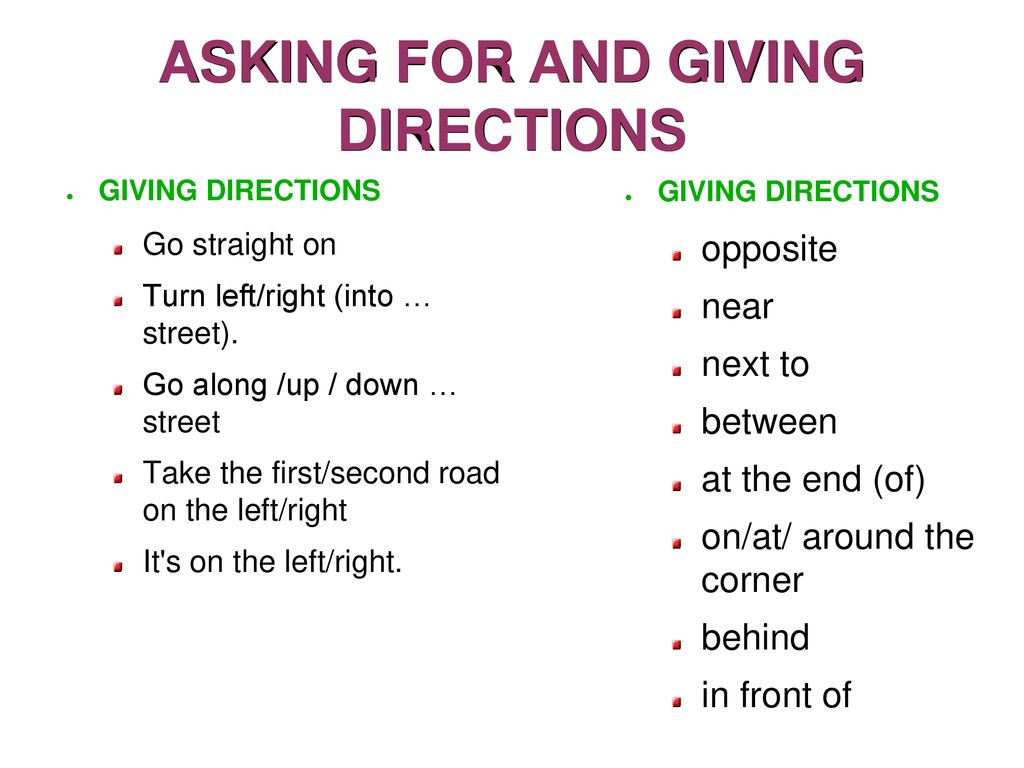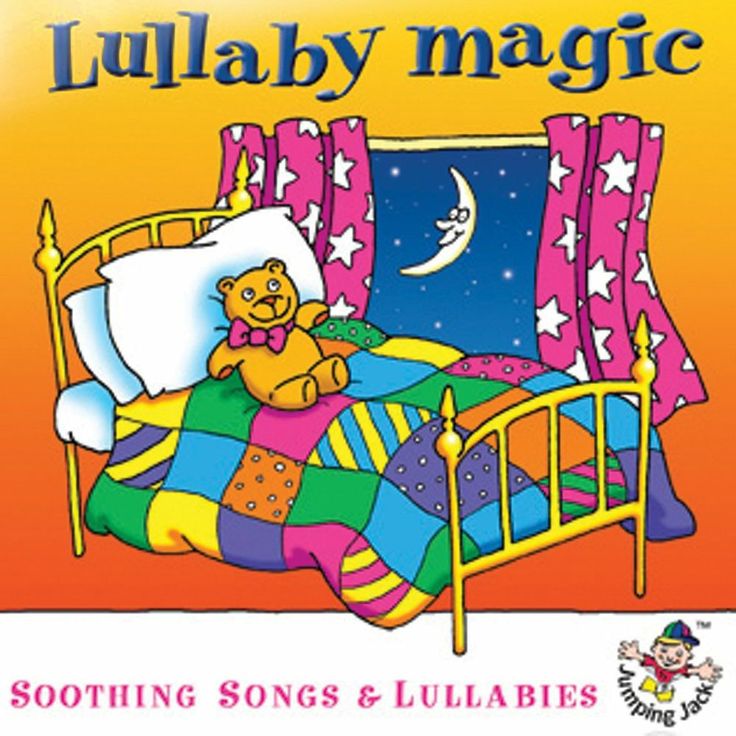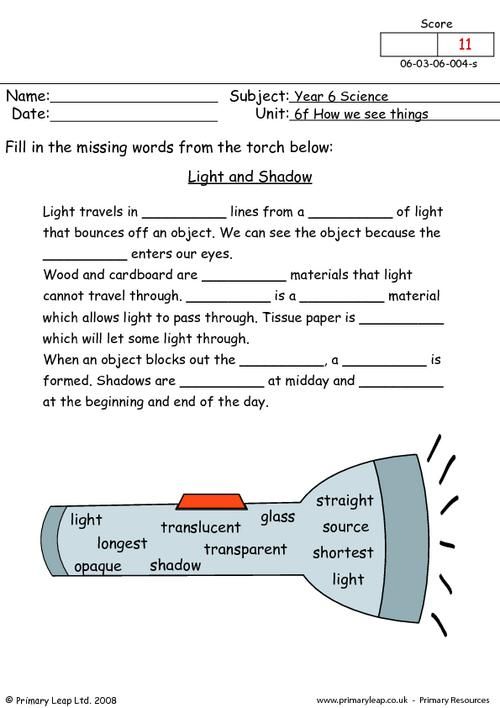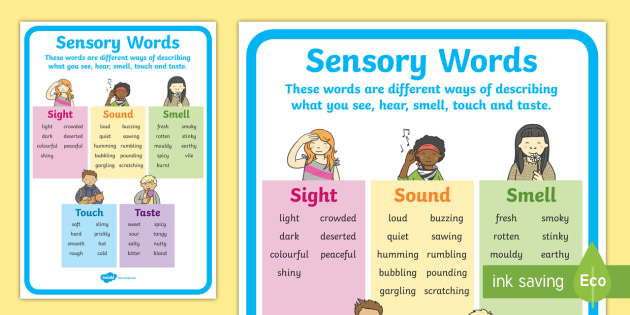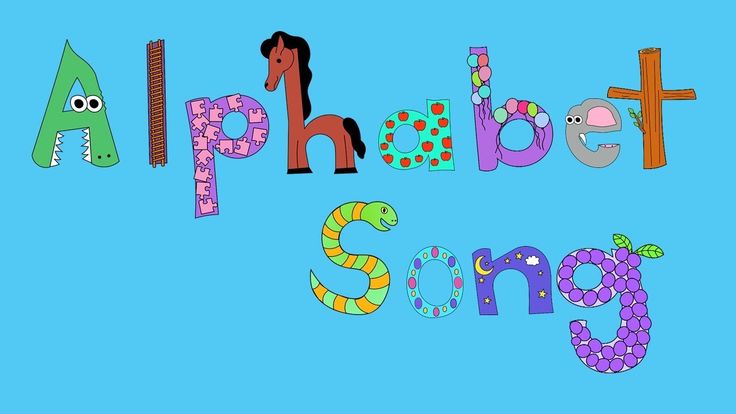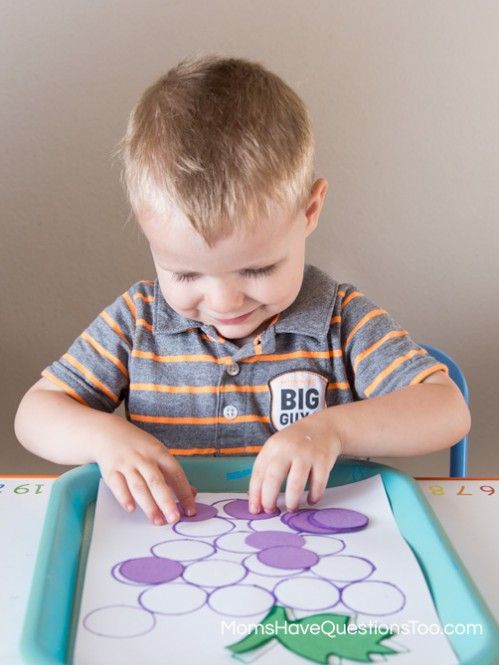Homer as a kid
The Essential Early Learning App For Ages 2 - 8
HOMER grows with your child on every step of their learning journey with a program personalized to their age, interests, and skill level.
Discover HOMER at Every Age
We recognize each child’s learning journey is different. Here’s an example of what your child might explore at each age!
Ages
Toddler
Preschool
Pre-K
Early Learner
Growing Learner
Reading
(FOR 2)
Personalized pathway that builds essential skills on one another—from letters and sounds to sight words, to eventually reading and spelling
Exploring Letters
Recognizing letters as special symbols
Exposure to the alphabet
Identifying uppercase letters
Listening Skills
Hearing if words are the same or different
Introduction to rhymes
Exposure to the first sounds in words
Developing Language
Practicing new and familiar vocabulary
Stringing words together
Exposure to connecting spoken and written words
Engaging with Books
Early concepts of print
Introduction to different genres
Love of reading
Math
(FOR 2)
Building blocks for math confidence: number recognition, counting, shapes, number operations and more
Developing Number Sense
Developing early number sense
Introduction to numerals
Discovering Shapes
Learning simple shape names
Identifying simple shapes
Creating with shapes
Thinking Mathematically
Practicing Counting
Verbal counting up to 10
Object counting up to 5
Exploring Spatial Concepts
Understanding spatial language (e.
g., over, above, next to)
Understanding ordinal numbers (e.g., first, second, third)
Social & Emotional Learning
(FOR 2)
Identifying and reacting to emotions in themselves and others
Identifying Feelings
Naming common emotions: happy, sad, mad
Learning About Themselves
Recognizing themselves as a person with unique traits
Identifying likes, dislikes, and interests
Observing Social Skills
Exploring Self-Expression
Expressing emotions through face, body, and voice
Open-ended and creative play
Exploring visual expression through art
Thinking Skills
(FOR 2)
Critical thinking, problem solving, and information processing to form new ideas
Building Memory
Matching up to four hidden items of simple images (e.
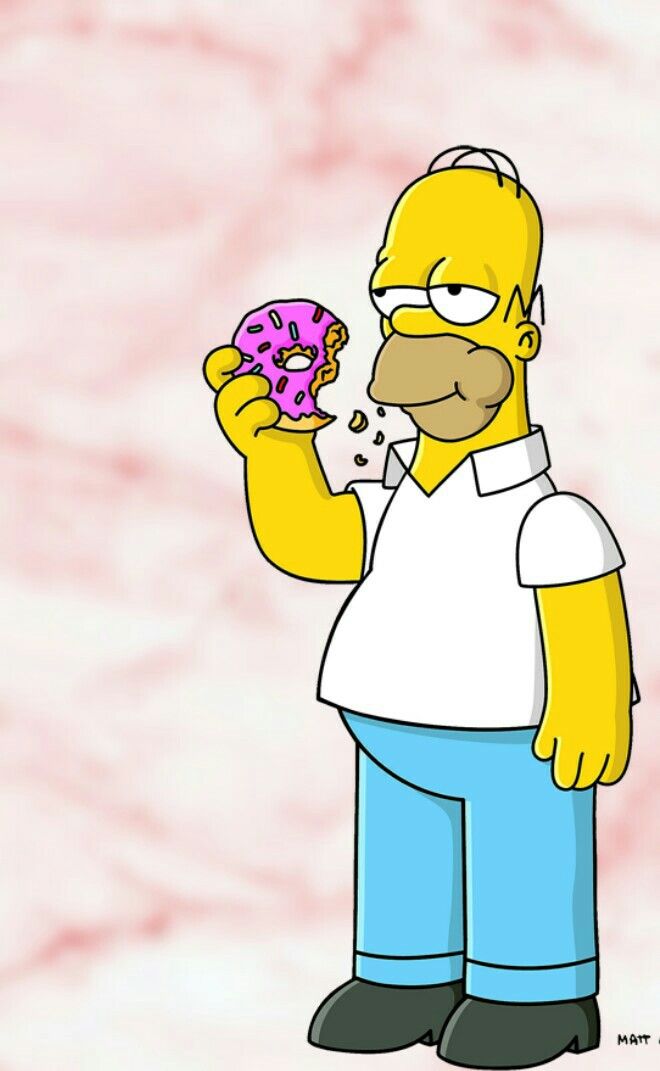 g., four animal cards)
g., four animal cards)
Focusing on Focus
Relating Learning to Life
Making connections between images and words
Making connections between objects and sounds
Creativity
(FOR 2)
An open space for imagination and expression
Fostering Imagination
Pretend play
Imitating routines
Make-believe play
Dress-up
Introducing Storytelling
Story creation
Exploring Art
Why ParentsHOMER
“Your child can use it totally on their own. The girls have absolutely loved it!”
Allie Richmond
“I wanted to find an app that had everything so I didn’t have to get multiple subscriptions: HOMER’s my favorite.”
Kristina Chaka
“Whenever I need to get things done, they stay occupied having fun while learning lessons with HOMER.”
Annie Mescall
HOMER LEARN & GROW
The Essential Early Learning Program
HOMER Learn & Grow builds skills for school and life—taking kids on a personalized learning journey that boosts their confidence and grows with them.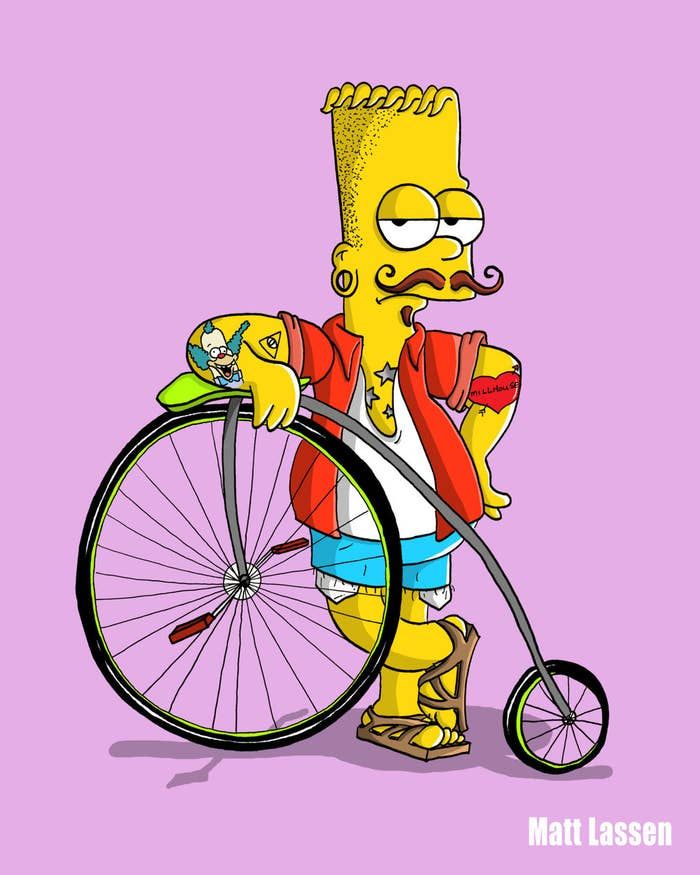
Explore Our App
HOMER Blog
Take the Learning Journey Offline
Find activities for your child to jump into independently or play together as a family with the HOMER Blog. Our thoughtfully curated library of activities builds on the skills your child is developing with Learn & Grow.
Explore Activities
Learn & Play by Fisher-Price
Learn & Play by Fisher-Price, powered by HOMER, is a safe, play-based app designed to delight and entertain your little learner. Each ad-free game and activity is designed by academics and researchers, fun-tested by kids, and created to help your child explore, play, and learn!
Get the App
Ready to Sign Up?
Get 30 Days FreeFun Learning For Kids on the App Store
Description
HOMER is the essential early learning program. Designed by experts, made for (and loved by) kids 2-8.
Designed by experts, made for (and loved by) kids 2-8.
Expert-Designed, Kid-Powered, Playful Learning — Explore HOMER’s essential early learning app made to help kids build the confidence they need for school and life. Thoughtfully made educational games for kids aged 2-8. From preschool to kindergarten, HOMER is your child’s education support platform.
Safe, Ad-Free. No cancellation fees.
Did you know just 15 minutes a day with HOMER’s educational games for kids is proven to increase early reading scores by 74%? Help your child learn to read with the Homer kids learning academy!
Learn more about kids learning games and education for kids at LearnWithHOMER.com
Sign up and you'll become a HOMER member giving you full access to HOMER Learn & Grow education for kids which includes:
A kids learning journey personalized to your child’s age, learning level, and unique interests. HOMER’s educational games for kids will help prepare your child for preschool, kindergarten and beyond.
Our education for kids app features thousands of interactive lessons, games, stories, and songs that keep your preschool or kindergarten child learning and engaged so they learn to read faster. Learning games for kids will improve their reading, math and creativity levels in a fun way that keeps them engaged.
Playful education academy of learning games for kids and activities across subjects like reading, math, social-emotional learning, creativity, thinking skills, and more
Hundreds of stories and characters your child will love—from classics like Little Red Riding Hood to favorites like Thomas the Train. Children’s education doesn’t have to be boring. All of these kids learning games will help your child learn to read; and they’ll have fun while they do it!
Easy to use kid-friendly academy design that's perfect for independent play and kids learning games that fit into any and every daily routine
Up to 4 customizable child profiles per family
Additional resources for parents, including printables, learning activities, and expert learning tips so you can help support your child as they learn to read
Learning games for kids encourage your child to learn in a way that’s fun
See Why Kids and Parents Love This App
"By far the greatest. This app is like a vital studying tool for children, helping them learn and play at the same time."
This app is like a vital studying tool for children, helping them learn and play at the same time."
Bridget H.
“HOMER keeps both of my boys entertained for as long as I need. I don’t feel bad letting them play because they are learning!!” - Arnulfo S.
"The HOMER app has helped my students… it follows learning research, praising students’ efforts instead of telling them they're smart." - Parthenia C.
Privacy Policy: http://learnwithhomer.com/privacy/
Terms of Use: http://learnwithhomer.com/terms/
Version 10.17.0
The HOMER team has been hard at work, cleaning up some bugs and adding new features to make learning faster, easier, and even more fun.
Ratings and Reviews
21K Ratings
Editors’ Notes
Teach young children early literacy skills using a comprehensive program full of interesting activities. Featuring everything from letter tutorials and short books to poems and folk songs, this expertly designed app will engage students with diverse learning styles. To help keep lessons fun and active, kids are prompted to draw pictures and record their thoughts, and they can even exchange virtual postcards with friends and family.
Featuring everything from letter tutorials and short books to poems and folk songs, this expertly designed app will engage students with diverse learning styles. To help keep lessons fun and active, kids are prompted to draw pictures and record their thoughts, and they can even exchange virtual postcards with friends and family.
Good app!
We have been using homer for almost a year now and I can say my son has absolutely been learning to read because of it. I love how easy it is to use and how clear the directions are, without a lot of distracting pictures or sounds like others learning apps that are difficult to follow for an early reader. I am thankful for the update as my son was getting bored with the same pictures, etc. My only couple of critiques with new update is that the little reader books on the learning pathway seemed to be timed after you tap the record button, so the recorded voice starts to play back before my son has finished reading the sentence.
Prior to update you could tap record and drag your finger to follow the words until the end of the sentence (at your own pace). In addition, the new letter tracing lesson doesn’t offer any directions, which is different in the new update. Sometimes the lessons can be a bit repetitive and my son gets frustrated/bored, but we try to move through those ones faster so I can keep him interested. All in all it’s a good app we will continue using. He would not know what he knows now if we had not began using this app, so for that I am grateful!
Thank you for sharing your experience. We are continuously improving Learn & Grow and we rely on feedback like yours to help us do just that.
What’s more than 5 stars
So I read the reviews and I was won over instantly. I downloaded the game and signed up to pay $8 a month to have my son play it after the free trial.
Now my son is super hyper and I never let him have screen time but he’s behind in talking and knowing what he needs to know. So I let my son play this game and at first I’m like is he just coloring but they make it fun with puzzles ,coloring, identify the coloring game with ice cream lava for the kids and at first he skipped them reading the abcs now he stands up and dance and sing the abc in his special talk he does and you can hear him pronounce them better. He loves that he can color with the sticker of the hot dog and burger. If I was to make a suggestion that thing that just have the letters go by and it has what the letter start with as it goes by then it sings the abcs at the end make it into a game because my son was trying to touch the letters and identify them as they go by so maybe like a hide and find with other things not like the game with the balloons but like have a farm background with other things and have them identify the letters as they go by and have it go by fast and see how much they can get as it go by I think that would be fun.
Thank you so much for helping my son learn in a fun way I have literally told everybody I talk to with kids about this app.
We are thrilled to hear you and your son are loving HOMER Reading. Thank you so much for taking the time to share your experience, and for spreading the word about HOMER!
The developer, Homer, indicated that the app’s privacy practices may include handling of data as described below. For more information, see the developer’s privacy policy.
Data Linked to You
The following data may be collected and linked to your identity:
- Contact Info
- Identifiers
- Usage Data
- Diagnostics
Privacy practices may vary, for example, based on the features you use or your age. Learn More
Learn More
Information
- Seller
- HomerLearning, Inc.
- Size
- 232.8 MB
- Category
- Education
- Age Rating
- 4+
- Copyright
- © 2014-2022 HomerLearning, Inc.
- Price
- Free
- Developer Website
- App Support
- Privacy Policy
More By This Developer
You Might Also Like
biography, photo, Iliad and Odyssey, personal life of the poet » Biography, personal life of celebrities e
Date of death: 760 BC e.
Age: 90 years old
Place of birth: Smyrna, Turkey
Activity: ancient Greek poet
Marital status: the existence of a daughter is known
Wikipedia
Poet of ancient Greece, author of the well-known program works Iliad and Odyssey. There are few reliable facts about this talented storyteller, but some information is still available.
There is no exact definition of the birthplace of the great storyteller, even the date of his birth is confused. Therefore, the surviving historical lists do not allow starting a description of his biography with exact dates. There is approximate evidence that Homer lived in the 8th century BC. Herodotus, for example, claimed that the ancient Greek poet appeared before himself by four hundred years. There are other claims that Homer watched the course of the Trojan War. And for the right to classify the poet for themselves, many cities waged a big dispute, but so far none of them has become his homeland.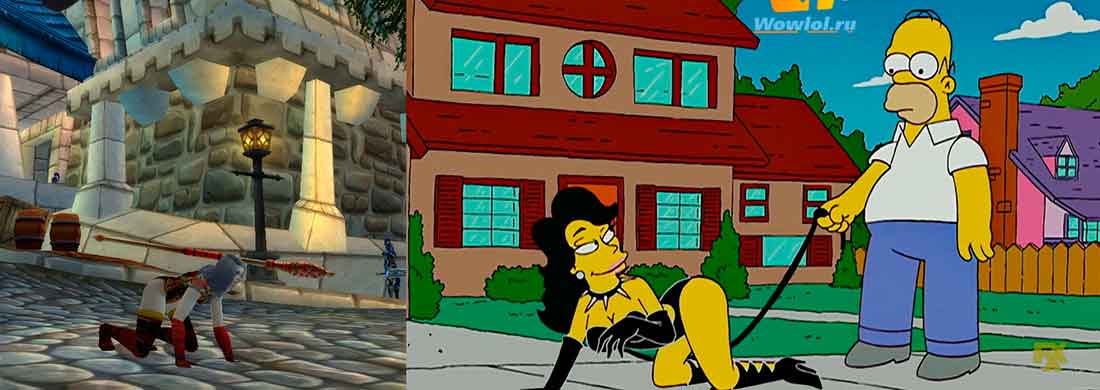
But the place of Homer's death coincides. This is the island of Ios in the Cyclades archipelago. To which tribe the poet can be attributed according to his dialect is also impossible with certainty, since his ancient Greek language is a mixture of two dialects. Previously, all singers and soothsayers were portrayed as blind, therefore, according to tradition, they began to attribute blindness to Homer and depict him as such in sculptures and paintings. And one of the heroes in the author's work was blind from birth, so many researchers of Homer's work believed that this fact was autobiographical.
There are some reliable information from the childhood of Homer, who was named by his mother Kryferida Melesigen. He was born a sighted ordinary baby near the Meles River, but, as another legend about the origin of the poet says, he acquired blindness as a result of the Achilles ball he saw. For this, one of the goddesses Thetis gave him the ability to compose and perform songs.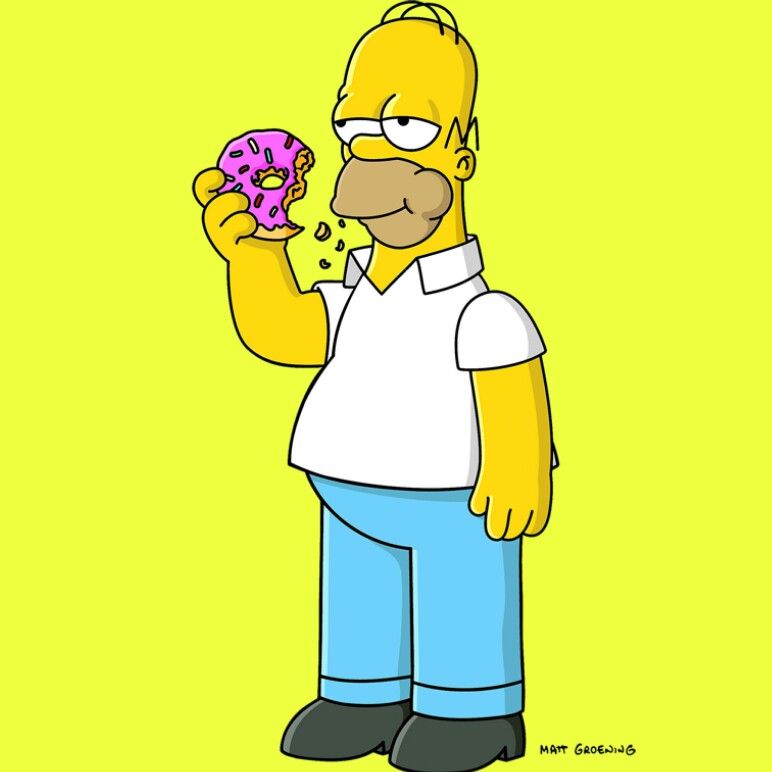
Not only the two most famous ancient works, which were mentioned earlier, belong to the pen of Homer. As an example of Greek poetry, his hymns and the poem "Margit" are considered. In the ancient world and in the science of later times, there are different opinions about the authorship of the Iliad and the Odyssey.
Since some researchers saw similar plots and descriptions in other poets of antiquity (they called the poetess Fantasia, Lycurgus from Sparta, ranked Aristophanes and Aristarchus).
Homer performed his own and other people's songs at meetings, in city market squares, in the homes of rich and noble people. The poet was greeted with joy in every city in which he used to travel. He was full and warm, as every citizen considered it his duty to greet the singer. The poet was always ranked as the city of Smyrna, where he lived with his mother and mastered various sciences. All subjects were a pleasure for him to comprehend.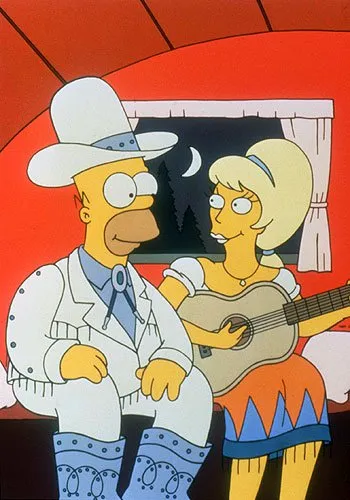 When his teacher passed away, the school that belonged to him passed to Homer, that is, Melesigen from birth.
When his teacher passed away, the school that belonged to him passed to Homer, that is, Melesigen from birth.
But he was attracted to different countries and cities, and he went on a journey. From this moment begins his biography of the wanderer. So many legends and stories he collected were born. When the traveler reached Ithaca, he felt unwell and remained in it until his full recovery. The ship departed for his homeland, and Melesigen began to wander on foot, singing and reading his works. Over time, the poet became blind, then he took a name for himself, by which he is known to everyone until now.
Many researchers of Homer's work claim that the singer was blind, and during his life all poetry was considered to be oral folk art. Based on this conclusion, the narrator-wanderer could not write down his works. The conclusion suggests itself that the author of famous works, around which there is still controversy, is not Homer at all. Scientists believe that the poems are too complex for this historical period.![]() But do not forget the fact that any work of a foreign author can be translated into any language.
But do not forget the fact that any work of a foreign author can be translated into any language.
And the one who undertakes this will not be able to literally convey every word said by the author without changing it and adapting it to his own language. Therefore, if other authors took up the Homeric poems and gave them completeness with their mastery of the word, this gives these works a local flavor and artistic features.
It is hard to believe that the facts of Homer's personal life will be much more clearly illuminated than his birth and the authorship of the works he wrote. Homer could not have a real strong family, as he spent a lot of time traveling. In his works, he often describes women. In many cases, they appear to readers and listeners as grumpy, capricious creatures. The poet does not deny their beauty and enjoys it, describing it in his Iliad. It should not be forgotten that all the works of the great Homer are most likely autobiographical.
According to some reports, the existence of a daughter of the great singer is known. Her father married her to his student and friend, the poet Creophilus. The narrator was very fond of his only child, he drew his next poetic image from his daughter. He gave his Nausicaa all the charm and a lot of virtues. It is to this girl that he sincerely wishes good luck and happiness in his personal life.
There are many legends about Homer, but few about his family life. Death is best described according to the version of settling accounts with life by himself, since he was afraid that he would lose his mind before death, and the very fact of killing was not terrible for him. Therefore, according to legend, he committed suicide.
Biography: Natsh
Bart Simpson's gags have evolved over 30 years | Animation on 2x2
Bart Simpson is something about pranks and gags, right? Most recently, as part of the Poster Movie Heroes theme month, we analyzed the roles of a comedian and our favorite joker Jim Carrey, so let's continue the tradition and analyze the jokes of another riff character from childhood - Bart!
In May 2022, The Simpsons officially ended its third decade, and all the while, we've been watching a tomboy who made us laugh. Let's break the seasons into dozens, and at the same time trace the evolution of his jokes. We will select two demonstrative pranks from each and see how Bart and his sense of humor have changed, or did Matt Groening decide to type this image?
Let's break the seasons into dozens, and at the same time trace the evolution of his jokes. We will select two demonstrative pranks from each and see how Bart and his sense of humor have changed, or did Matt Groening decide to type this image?
First decade: 1989-1999 (seasons 1-11)
The first seasons of The Simpsons are the heyday of Bart's joke culture, it's hard to single out just two gags that a daredevil made at the time. The era of telephone pranks over poor Mo and calls to his tavern: the series "Homer Sexual" (Homer Sexual), "Al Coholic" (Al Coholic) and "Seymour Popkin» (Seymour Butz) are worth something. And the call to Australia that created a huge bill for the Simpsons in season six and led to the destruction of the entire country's ecosystem? Then Bart brought a bullfrog as an apology for his prank, although this was strictly forbidden. But, of course, Bart was not embarrassed, he could just show his ass to the locals, and then go home.
Oh, this devil incarnate even then could have replaced his idol - Krusty the Clown. During the first decade, he managed, for example, to throw a huge tomato at Skinner's back (season 4, episode 16), and also detonate a cherry bomb at school (season 1, episode 11). Or, for example, once he threw a walkie-talkie into the well, from which was the voice of a certain Timmy, “stuck” in the well (season 3, episode 13). And of course, the iconic episode with the decapitation of the statue of Jebedai Springfield (season 1, episode 8). All this is still an incomplete list of those jokes that Bart did at the beginning of his journey.
The first seasons are still considered the best for fans of the franchise, especially thanks to the very gags that Bart Simpson gave us. The image of a non-stop rebel will last for a long time, but let's go through the two best jokes of the first decade.
Bart Blows Up Homer (Season 4, Episode 18, "The Way It Was: The Simpsons Clip Show")
A gag that can be looked at differently after re-watching.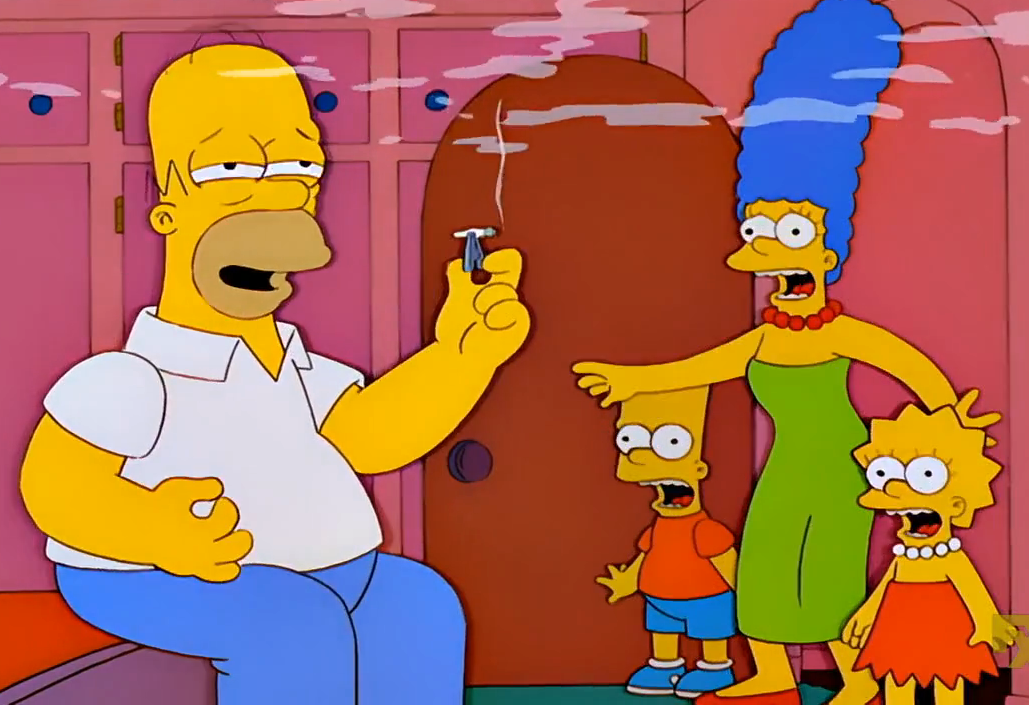 This is probably the most creepy and dangerous trick of Bart of all. Yes, it looks very easy and carefree, because this is an animated series, and the characters do not die here. But let's take into account: he did this thing with his own father.
This is probably the most creepy and dangerous trick of Bart of all. Yes, it looks very easy and carefree, because this is an animated series, and the characters do not die here. But let's take into account: he did this thing with his own father.
In season 4, episode 18, Bart, outraged by Homer's jokes on April 1st, decides to prank him himself by shaking his father's favorite beer on an industrial shaker. Putting the brutal prank weapon in the refrigerator, he deliberately turns on the heating in the house in order to force Homer to finally enjoy a cold drink. When the father of the family opens the cherished jar, an explosion is heard in the Simsons' house, and Homer himself is at the epicenter. Bart literally does not even have time to say "Happy April Fools", as a result of his joke turns into a tragedy. My father survived, but spent a long time in the hospital and even fell into a coma.
The Simpsons / Fox In fact, after this episode, fans literally came up with the theory that Homer was in a coma for all subsequent seasons. The new series is his imagination, which reproduces pictures of what others say to him. In this interpretation, Bart's prank no longer seems so funny.
The new series is his imagination, which reproduces pictures of what others say to him. In this interpretation, Bart's prank no longer seems so funny.
The hero repents only when he thinks about Homer's death: when he does not understand anything, but can reproduce memories in his head. Of course, aggression towards your father, who constantly strangles you, is quite logical, but rash and dangerous actions must be prevented, and not guided by revenge for your own sake. A prankster in the first decade often makes jokes off the cuff without thinking. The next joke also confirms this.
"The Tryout..." (Season 8, episode 25, "Lisa Simpson's Secret War")
This is the most memetic gag from Bart that everyone has probably seen. The excerpt went viral due to the insertion of various ultra loud sounds in place of the original. For example, in 2017, the then-popular meme “DEMOUN!”, a scream from the movie “Boomer,” was superimposed on him. This joke was even repeated in life.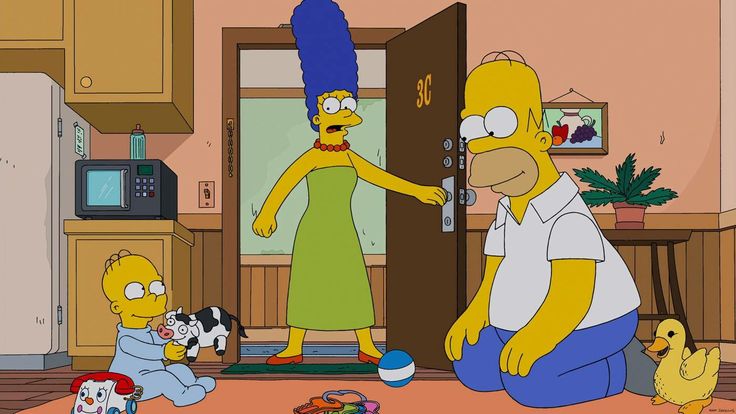 Popular blogger MrBeast put 100 megaphones against glass on March 18, 2018, thus making a reference to Bart. Then the video scored 51 million views. But back to the original.
Popular blogger MrBeast put 100 megaphones against glass on March 18, 2018, thus making a reference to Bart. Then the video scored 51 million views. But back to the original.
No wonder Bart Simpson's old joke is so viral: it really looks too memeous not to become a meme. In the final episode of season 8, a prankster escapes from a tour of the police station and finds a hundred megaphones. And Bart wouldn't be Bart if he walked by. First, he checks one megaphone, and then decides to put everything in one line at once. And if the last "prank" was fatal and dangerous only for Homer, then this is a completely new level. The juvenile prankster does not even think about the consequences, because after his words "Test" in a hundred megaphones, the sound wave affects the entire city. All the windows in Springfield are smashed, the parrots repeat the word "Test", and ... Homer suffered again: all his bottles of Duff beer were broken.
The Simpsons / Fox The ultrasound is heard for a while longer, and Bart is caught red-handed by Chief Wiggum himself and takes him home. The family reprimands the offspring, but a minute later the prankster drives the lawn mower away from the police. Only when Bart is sent to a specialized school, where there will no longer be easy victims, does he regret and asks to go home. This joke, of course, did not make the tomboy stop, after all, he still has two decades of jokes ahead of him.
The family reprimands the offspring, but a minute later the prankster drives the lawn mower away from the police. Only when Bart is sent to a specialized school, where there will no longer be easy victims, does he regret and asks to go home. This joke, of course, did not make the tomboy stop, after all, he still has two decades of jokes ahead of him.
Bart here is a hyperactive psychopath who doesn't think about the consequences, just like four seasons ago. His jokes are destructive, harming others or his family, but this does not stop the hero at all. Well, only sometimes, and even then for a short period of time, when he is sent to a specialized school or placed with Homer in a hospital bed. There is a very manipulative nature here, attracting the attention of parents, which most of all goes to his sisters. Next decade!
Second decade: 2000-2010 (seasons 12-22)
The new seasons, which began in the 2000s, also demonstrate the rashness and danger of Bart Simpson's gags, but they have clearly become lighter. Undoubtedly, these are not the jokes that will be remembered and will be cited in a bunch of other articles - at least not all of them. This is the stage of new terrorization of Director Skinner: for example, the episode "Please Homer Don't Knock" (season 18, episode 3), where he uses a peanut on a stick to mock and gloat over his "beloved victim": Skinner suffered from severe allergies, so which looks like a pretty cruel joke. Or, for example, the episode from The Simpsons Movie where Bart goes skateboarding naked to the Krusty Burger and back. And all because Homer called him a chicken, because he refused to accept the challenge. This demonstrates the unusual mindset of a prankster who makes pranks over the entire city to prove only one thing: he is not a coward.
Undoubtedly, these are not the jokes that will be remembered and will be cited in a bunch of other articles - at least not all of them. This is the stage of new terrorization of Director Skinner: for example, the episode "Please Homer Don't Knock" (season 18, episode 3), where he uses a peanut on a stick to mock and gloat over his "beloved victim": Skinner suffered from severe allergies, so which looks like a pretty cruel joke. Or, for example, the episode from The Simpsons Movie where Bart goes skateboarding naked to the Krusty Burger and back. And all because Homer called him a chicken, because he refused to accept the challenge. This demonstrates the unusual mindset of a prankster who makes pranks over the entire city to prove only one thing: he is not a coward.
This is no longer a stupid bully pranks, but real villainy. Bart literally nearly killed Martin with this decade's "Press B to call the nerd" joke (Season 19, Episode 14). We can say that the prankster took a walk, and his jokes became out of control.
Yes, of course, Bart knows how to regret and commit not only thoughtless pranks, but even a cursory glance at the period from 12 to 22 seasons makes it clear that after the first decade, the prankster has clearly not departed from his original motives. Let's move on to two illustrative examples of the second era of Simpson's pranks.
Failed Phone Prank (Season 13, Episode 3, "Homer - Moe")
In the many top Bart Simpson phone pranks posted all over the internet, one can trace what is the funniest and most popular prank of the past decade. In the future, few will become indicative and cited. The era of successful pranks on Moe and other bartenders is largely over. The next prank, although it was not done on the bartender, demonstrates this decline.
Bart: I'm Mr. Kozyavka, named I'll Eat.
Homer: (excitedly) Oooh...! Bart! First draw! What should I do?
Homer: I don't understand.
Bart: Zaori " I ate a booger " !
Homer: What's the joke?
Bart: Fuck you. Unlike Mo, who constantly gives in to jokes, it is more difficult for Homer to just guess what is generally required of him. In this episode of his prank, Bart gives up for the first time, without laughing, just noisily and aggressively hangs up the phone. In fact, the joke is no different from, for example, "I'm All Naked" or the like, so, one might say, Bart's skill does not lose originality, but if everything goes wrong, then the hero quickly turns off the prank. The Simpsons / FoxIt's not clear what this episode would have looked like if Homer had been pranked by Bart, but it looks even funnier this time, although the prankster clearly failed this time.
Breakdance for Skinner (season 19, episode 13, "Bartstudent")
Another revealing and popular episode in the theme of Bart's jokes.
Not only the second decade, but also the full lore of the jokes of the hero from the animated series is not complete without this case. He is strange-looking, traumatic, filled with revenge and some kind of malice, but thanks to him, Bart not only committed a vendetta, but again made himself a star clown for all the students of his school.
In the 13th episode of the 19th season, a new bully and prankster Donnie appears in Bart's class, who almost immediately manages to lay the prankster on the ground in order to embarrass him in front of others. But the prankster felt the spirit of competition, at first he decided to give up, but then he came up with a brilliant plan - to play a trick on Skinner again, but in an atypical way. Bart takes the shoes and puts in metal insoles, and when Seymour climbs onto the stage for another presentation, the prankster is right there, ready to claim his superiority.
The Simpsons / FoxPrincipal Skinner's wild dances begin here, not because he wants to, but because Bart is standing below with magnets.
All this continues to the noisy laughter of the rest of the children, while Bart, ATTENTION, leaves one magnet, and the second takes it a very long distance, as if putting Seymour on a twine, but harder. Visualizing what is happening, the joke no longer seems so funny.
But Skinner is disgraced, Bart's honor is restored, and the kids are raving about prankster #1. Be that as it may, but competing with others, Bart is ready for the wildest and most dangerous jokes: the main thing is that he is again considered the first. Immediately recall that Bart is a hyperactive child with an attention deficit who wants to be noticed. The decade shows the inconsistency of his approaches, there remains both revenge and the desire to gain respect from others. At the same time, there is also a periodic loss of interest in the object of ridicule. Next decade!
The third decade: 2011-2021 (seasons 23-33)
The period of jokes of the last ten seasons is something that still could not sit down much in the heads and not quite go to the people.
And all because season 33 ended quite recently, having already completed the third decade of The Simpsons and Bart's pranks.
Here such episodes as new telephone pranks are indicative: for example, the crossover with Family Guy (season 13, episode 1), where Bart and Stewie were already making fun of poor Moe. True, they did not manage to outdo Bart's jokes of the Origin era. Or, for example, vandalism under the cover of night with Milhouse (season 23, episode 15).
Bart is still the same nimble, attention-deficit prankster who can do very ill-considered pranks in an attempt to snatch fame for himself, and just have fun, because mocking others is cool, in his opinion.
In principle, by the third decade of the series, the image of a prankster boy, exposing his ass at the first opportunity, has already become so ingrained that his jokes have become typified and are already more often perceived as a common thing. But a couple of significant episodes are worth highlighting.

"If you suspect that a fish has swum into your penis, the only remedy left is to lie naked in the snow" (season 27, episode 15, "Lisa the Vet")
himself, and to be honest, he just doesn't like people, that explains it all. Also, the series again shows the impudence of the prankster when he fearlessly goes to such gags, as in all other cases. So, the image of a prankster boy (or a clown) is played perfectly here, and quite funny.
In episode 15 of season 27, the family comes to a modern fancy water park, where Bart starts to get pretty pissed off, just out of boredom. So it's time to throw out some hardcore prank. He, as if nothing had happened, goes to the control room, where he says on the microphone: “Please pay attention, says the director of the water park Kal E Banga, but don’t panic, but tiny fish that can swim in the genitals got into the water.” Of course, this provoked a sharp reaction from the male part of the water park visitors, who simply began to run out of the water.
"The Simpsons" / FoxAnd after Bart's recommendation to lie naked in the snow, the men rushed to break the windows and, undressed, jump into the snow.
Naturally, the prankster was left almost alone and calmly went down the hill, which he had wanted for a long time. And it doesn't matter that a raccoon got into the water park. And outside the window is winter, people in bathing suits. No, this is absolutely parallel to Bart, the main thing is that he was satisfied. As before, he does not really think about the consequences, focusing on his own benefit and hatred of others.
Played Bart - wait for an answer, poseur (season 29, episode 14, "Clown Fears")
The evolution of jokes ends (at the moment) most likely on this episode, on favorite gags over director Skinner. The series could definitely end the decade by adding that Bart is a vigilante who shouldn't be played. He did a rather creepy joke after Skinner again decided not to be a victim, but to become a hunter and rigged his own dismissal.
But, of course, Seymour did not go anywhere, but simply wanted to play a joke on his admirer Bart. As a result, when it is revealed that the ceremony is a fake, a bucket of honey with feathers is poured on the joker. Bart is humiliated, even his teachers bully him, he does not understand what has become of him.
Of course, this does not stop Bart from brutal reprisals. He takes several Krusty the clown masks and superglue to stick it all on the faces of his abusers.. No doubt this leads to its consequences - Krusty, Bart's idol, is out of work, as the public is now afraid of clowns due to creep teachers scattered all over Springfield .
In this episode, there is even a remarkable moment when the hero is sent to a rehabilitation center, where he learns to empathize (for the first time in 29seasons?), he saves Marge from a chair with sharp buttons. As a result, the episode ends with a light joke - Bart pours water balloons on the entire teaching staff.
"The Simpsons" / FoxThe third decade has become quite commonplace in Bart's jokes, as if we had already seen it, only with a different sauce.
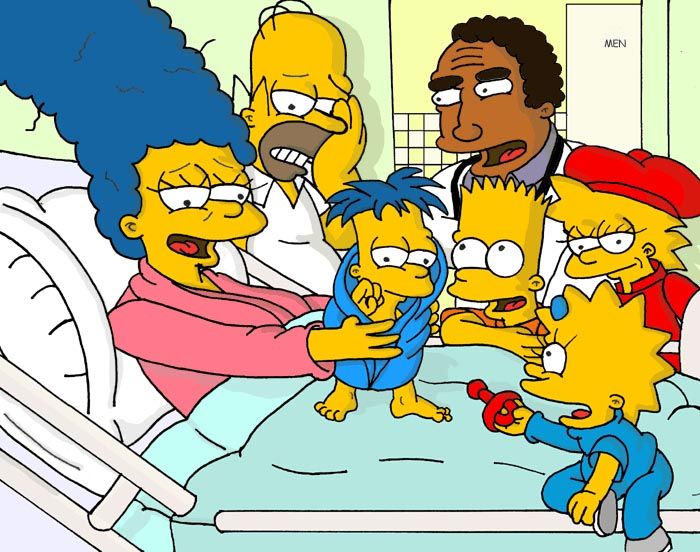
Learn more



